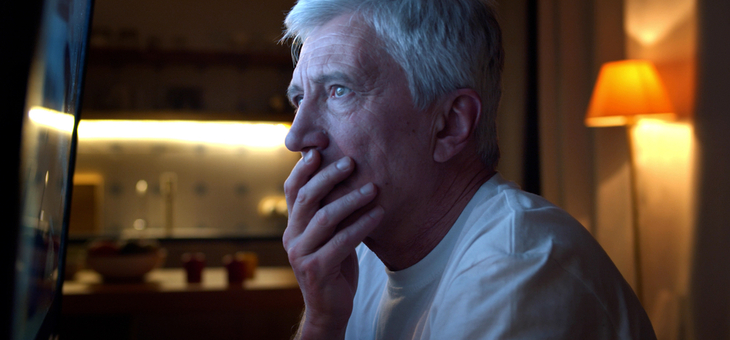Australia’s middle-income earners are losing out when it comes to retirement income.
That’s the view of Mercer’s senior partner, David Knox, who says it is this sizeable group that is most disadvantaged by the current system and continues to advocate for a universal pension paid to all Australians.
This is despite last year’s Retirement Income Review (RIR) pouring cold water on the concept because of cost.
“Under the current system, it’s the middle income earners who miss out. Low income earners get the Age Pension, high income earners get more of the tax concessions, middle Australia don’t get much at all so even under the current system there is an equity issue,” says Dr Knox.
He says a universal pension scheme, which operates in New Zealand and the Netherlands, could be paid for by “removing or tapering tax concessions for higher income earners and redistributing these savings to middle income earners”.
“It’s more efficient in the economic sense and it should deliver better resource allocation in the economy because it doesn’t have these barriers or traps that people try to avoid (including) some people trying to arbitrage the Age Pension,” he said.
Read more: Include homes in pension test: experts
A National Seniors Australia (NSA) submission to the RIR suggested “a middle way, where half the pension is paid to everyone and the balance is income tested”, as is the case in Denmark.
“The advantage is the universal part pension gives everybody a base to build on while the means-tested pension ensures that no-one lives in poverty.
“Another advantage is that the means testing will cease at a lower level of assets or income than currently, as it would only apply to half the pension.
“This means that many retired Australian households would not be subject to any means testing and there would be a much clearer incentive to make some extra savings for your retirement.”
Dr Knox says Australia should “go the full hog” by removing the means test and providing a pension payable to every appropriate resident above the Age Pension eligibility age.
He says simplicity and better allocation of resources are the major arguments for adopting such a system.
NSA spokesman Ian Henschke says the pandemic has highlighted key shortcomings in a “clumsy and complex” retirement income system.
NSA believes the means-tested Age Pension makes retirement planning for middle Australia, with their increasing super balances, extremely difficult.
“We need a better system where super and the Age Pension work together and are not two unrelated components within our system.”
Mr Henschke says a universal pension would get rid of pension assets and income tests, unfair taper rates, deeming rates and work restrictions, and end the need to engage with Centrelink.
“If everyone of pension age received a pension, retirees could just add this to their other income and pay tax.”
Read more: Actuaries want asset and income tests merged
In its Federal Budget submission, the Australian Council of Social Service (ACOSS) has proposed retirees pay 15 per cent tax on superannuation earnings to help fund aged care services.
ACOSS chief executive Cassandra Goldie told Nine that only 16 per cent of those aged over 64 are contributing through the income tax system and superannuation tax breaks are “disproportionately benefiting” those on high incomes.
ACOSS says current tax concessions cost $42 billion a year, almost the cost of the Age Pension, and warns that this is “not sustainable if future governments are to guarantee decent health and aged care services for an ageing population”.
The group supports a 15 per cent rebate, minus imputation credits, for retirees with incomes lower than the tax-free threshold.
Many commentators see the recession recovery as the time to introduce structural reforms that could improve efficiency and equity for workers and the elderly.
Read more: Australian pension market world’s third best
Prominent economist Ross Garnaut has renewed a call for a universal basic income (UBI) in his newly released book, Reset: Restoring Australia after the Pandemic Recession, The New Daily reports.
He wants the government to pay most adults in Australia $287 every week whether they have a job or not.
He says the policy would cost about $40 billion a year, but would protect workers from “unemployment, years of stagnating wages growth, and the disruptive force of increased automation”.
Dr Garnaut’s plan would increase the lowest income tax rate to 37 per cent, while maintaining the current top rate of 45 per cent.
This means all taxpayers would pay 37 cents in the dollar on incomes between $0 and $180,000 a year.
But workers would be paid at least $15,000 a year, regardless of whether they had a job.
Dr Garnaut says if a UBI was introduced, incomes would skyrocket, and there would be a surge in demand pushing the economy towards full employment and that would kickstart long overdue wages growth.
Which proposal do you think would make retirement simpler and more prosperous?
If you enjoy our content, don’t keep it to yourself. Share our free eNews with your friends and encourage them to sign up.

